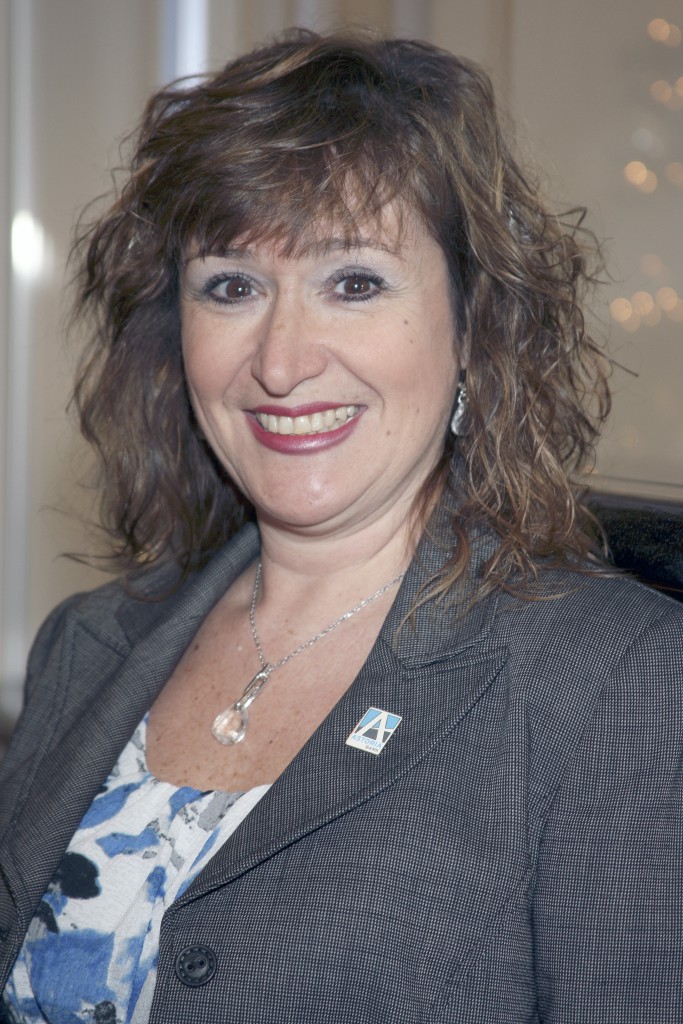
(Photo courtesy of Samantha Geyer)
As the seasons change and spring begins, many of us will be doing some much-needed cleaning and reorganizing of our homes and office spaces. Yet, there’s another area that regularly needs attention and some tidying up—our personal finances. If you haven’t thought about your financial game plan for the remainder of the year, now is the time to take a fresh look at how you can clean up your budget by deciding which expenses to keep and discard. Here are some immediate and realistic steps you can take to improve your financial health in the coming months.
Assess Your Financial Health
Part of getting on the right financial track for the future is taking a look at the past. For example, did you spend your money wisely in 2014? Be honest with yourself. If you know that much of your disposable income in the last few months took a plunge due to poor financial habits, such as not adhering to your budget or making late payments, establish areas for improvement and steer your course in a better direction. How much of your weekly budget went to dining out and impulse shopping? Can that be reduced by 10 percent this time around? How about 20 percent? Asking these questions will help build a road map to better manage your budget and spending habits.
Identify A Financial Priority For This Season
What’s most important to you, from a financial perspective? It may be saving enough money for a down payment on a home or eliminating outstanding credit card debt. Whatever is at the end of your financial finish line needs to be tied to expectations that you can realistically meet. Making minor sacrifices in other areas of your life can free up funds to support that goal.
Utilize Your Tax Refund
With spring also comes tax season. Filing your personal taxes may seem like a chore until you get that refund check in the mail. You could use this extra money to help ease some other financial obligations that may be weighing you down. For example, you could allocate some of the refund to pay off high-interest rate credit card debt which can be a drain on your finances. By paying down a portion of such debt, you can help your overall financial position for the remainder of the year and work on improving your credit.
Revisit Expenses
Now that you’ve identified your financial priorities, it’s time to reassess the financial commitments that are most consuming to your budget and identify ways to reduce or completely eliminate unnecessary financial burden. There are less costly alternatives for many of life’s necessities from cellular phone service and car insurance right down to toiletries and home goods. It may take a little effort on your part to take advantage of them but these incremental adjustments can lead to big savings in the long run.
Rethink Your Savings Strategy
Regardless of how well you plan, unexpected events can pop up. You want to ensure you have enough of a financial cushion to weather the storm. Many financial experts now say that anywhere from six to 12 months of living expenses should be stashed away for emergencies. Do the math and see what that number amounts to for you. If your accumulated savings isn’t quite there yet, plan to start bulking up your financial cushion. However, don’t make your savings goals too lofty, too soon. Start small and funnel a little extra into savings where possible.
Explore All Of Your Bank’s Resources
You could start simply by signing up for online and mobile banking if you haven’t already. This will help you track your balances and pay any bills before the due date so you don’t incur any unwanted late fees. You can also take advantage of your bank’s reward programs and discount packages that can help you save tangible dollars. Speak with a representative at your bank about what is best for your needs. There are a wide variety of types of accounts and financial products. Depending on your financial situation and lifestyle, different options might save you money or earn more interest.
It isn’t too late to get on top of your finances for the year; the first step just comes with recognizing there is need for a financial cleanup. Taking these measures into consideration will help you on the right path to a healthy financial lifestyle.
Mayra DiRico is senior vice president and director of retail banking for Astoria Bank.



































